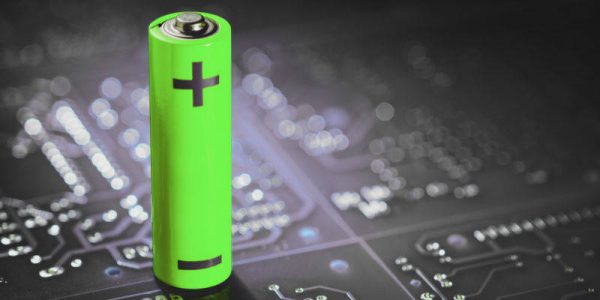As a chemical raw material, sulfur is mainly used downstream to produce sulfuric acid, rubber, pesticides, medicines, etc. In the current situation of weak environmental entities, the market not only declines, but also shows a continuous bearish trend. However, we note that the latest reported technology of lithium batteries may bring an emerging market opportunity to sulfur producers and related industries.
Technologies for increasing the battery capacity by 4 to 5 times by using sulfur in the electrodes of lithium ion batteries are being developed one after another. If the technology can be applied to lithium-ion batteries, it is expected to greatly reduce the frequency of charging portable terminals such as smartphones. Relevant research groups are planning to join forces with battery companies, and strive to make them practical in 3 to 5 years.
For example, Professor Masashi Ishikawa of Kansai University in Japan has also developed a technology, which is to infiltrate sulfur micro-particles into the pores of several nanometers in diameter opened on the carbon used in the electrode. Makes holes of uniform size for easy fixation of microparticulates, and fills the holes with sulfur efficiently. About 30% of the electrode weight made by this method is sulfur, and the battery capacity is four times that of the previous one.
Professor Ishikawa and others made positive electrodes and conducted battery tests. The performance is maintained even after hundreds of repeated charging and discharging. The charging time is shortened to one-twentieth of the previous lithium-ion battery. In the future, we will increase the amount of sulfur infiltrated into carbon, and strive to put it into practical use in five years.
Lithium batteries are charged and discharged repeatedly by lithium ions moving back and forth between the positive electrode and the negative electrode through the electrolyte. As the positive electrode, lithium cobalt oxide including rare metals is used. Sulfur has the property of storing a large amount of electricity and is suitable as an electrode material. At the same time, it is not a rare resource. Research on processing sulfur into fine particles and increasing the surface area for positive electrodes is progressing.
Due to its own particularity, sulfur is currently used in powder processing and classification. If jet mill equipment is used, inert gas protection is required, and enterprises such as related powder equipment or nitrogen generators should also pay attention to this field. The most important thing is that upstream powder companies and lithium battery downstream powder technology research institutes or companies should smell business opportunities and conduct cooperative research on it as soon as possible.

